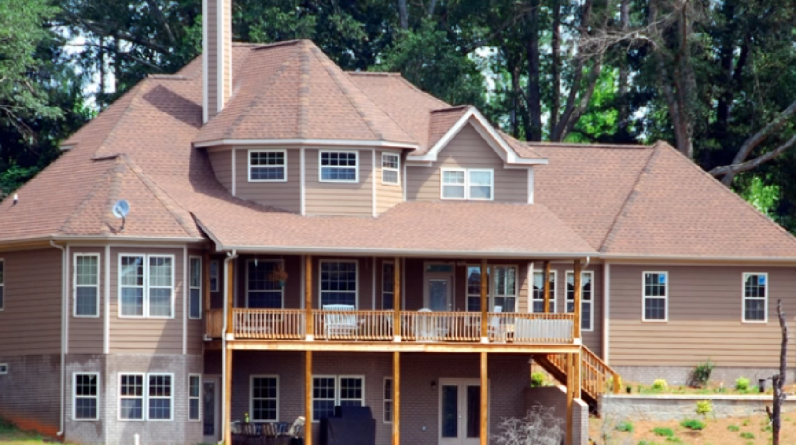
A real estate recession refers to a significant decline in the real estate market, where property values decrease and demand for housing declines. It is a period characterized by reduced buying and selling activity, increased foreclosure rates, and a general slowdown in the construction and development sectors of the industry.
Real estate recessions are typically influenced by broader economic factors such as a weak job market, high unemployment rates, tightening credit conditions, or an overall economic downturn. These factors can result in a decrease in consumer confidence and spending power, leading to a decline in demand for housing.
During a real estate recession, property values tend to decrease, sometimes dramatically, as supply exceeds demand. Sellers may be forced to lower their prices to attract buyers, while potential buyers may delay purchasing decisions due to uncertainty or financial constraints. This downward pressure on prices can lead to a negative cycle, where falling values create a sense of urgency to sell, leading to further price reductions and decreased market activity.
Real estate recessions also tend to be accompanied by an increase in foreclosure rates. As homeowners struggle to make mortgage payments and face financial challenges, they may default on their loans, leading to foreclosure proceedings. This influx of distressed properties further contributes to the oversupply of housing and adds additional downward pressure on prices.
The impact of a real estate recession extends beyond homeowners and buyers. Construction and development sectors often experience a slowdown, resulting in reduced investment in new projects and fewer job opportunities in these industries. Real estate-related businesses such as agents, brokers, lenders, and property management companies may also face challenges as the market contracts.
However, it is important to note that real estate recessions are part of the cyclical nature of the industry. While they can be challenging for those directly affected, they also present opportunities for investors looking to buy properties at discounted prices or for renters who may find more affordable housing options during this time.
Governments and central banks often implement measures to mitigate the impacts of real estate recessions, such as implementing stimulus packages, lowering interest rates, or introducing policies to support the housing market. These measures aim to stimulate demand, stabilize prices, and encourage economic recovery.
In conclusion, a real estate recession is a period of decline in the real estate market characterized by falling property values, decreased buying and selling activity, increased foreclosure rates, and a slowdown in construction and development. Economic factors and market conditions play a significant role in shaping these downturns. While challenging, real estate recessions also present opportunities for investors and renters. Government interventions often aim to support the market and promote economic recovery.
Want to become a real estate investing Partner with me? To learn more simply go to https://reimrcharles.net/rei-team






